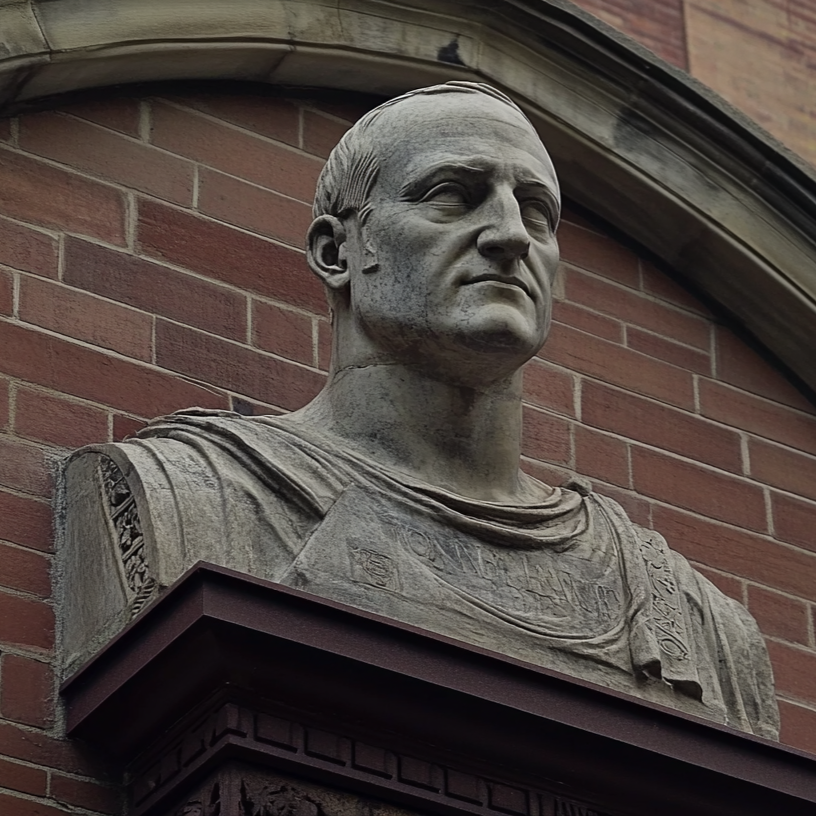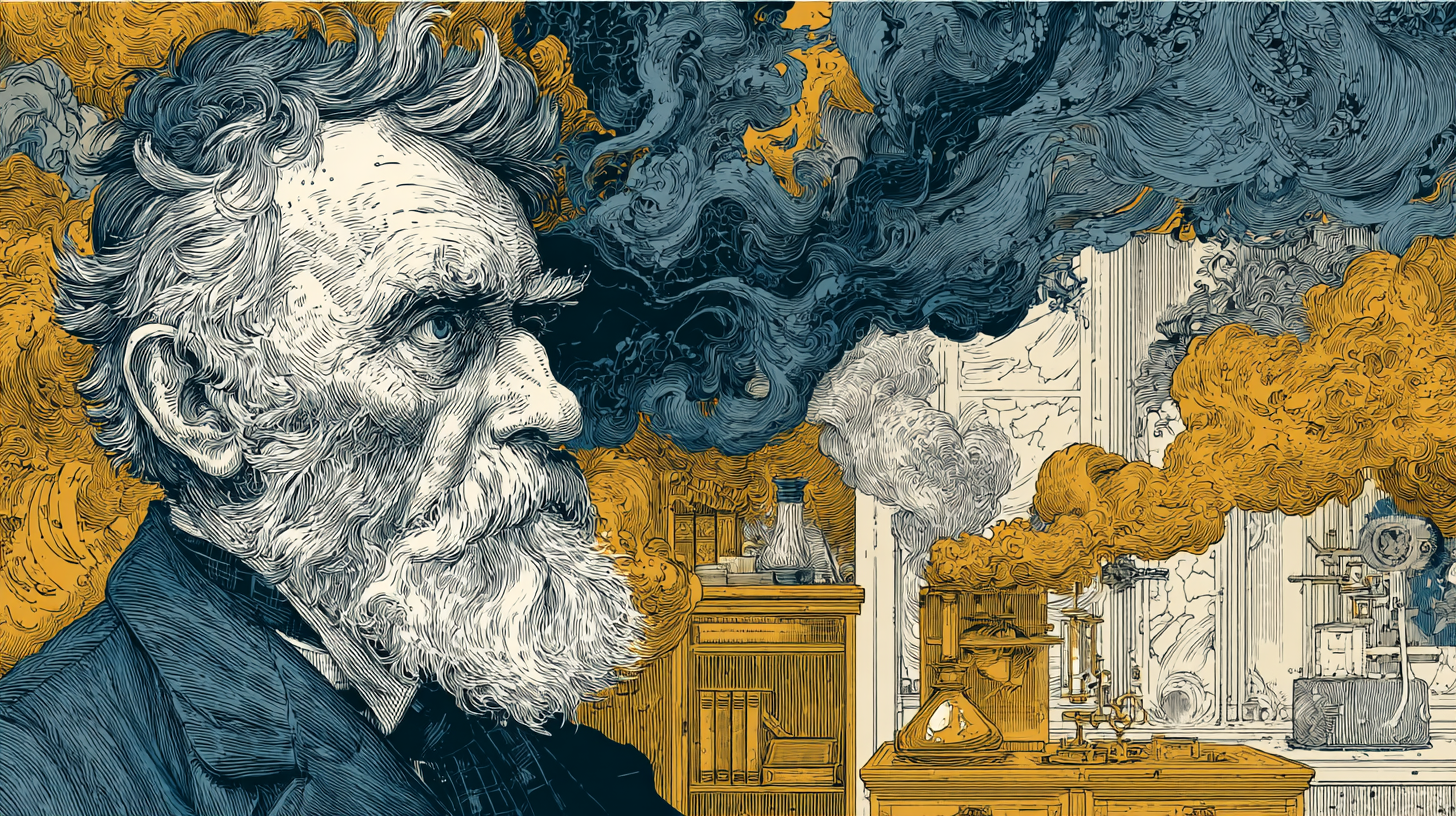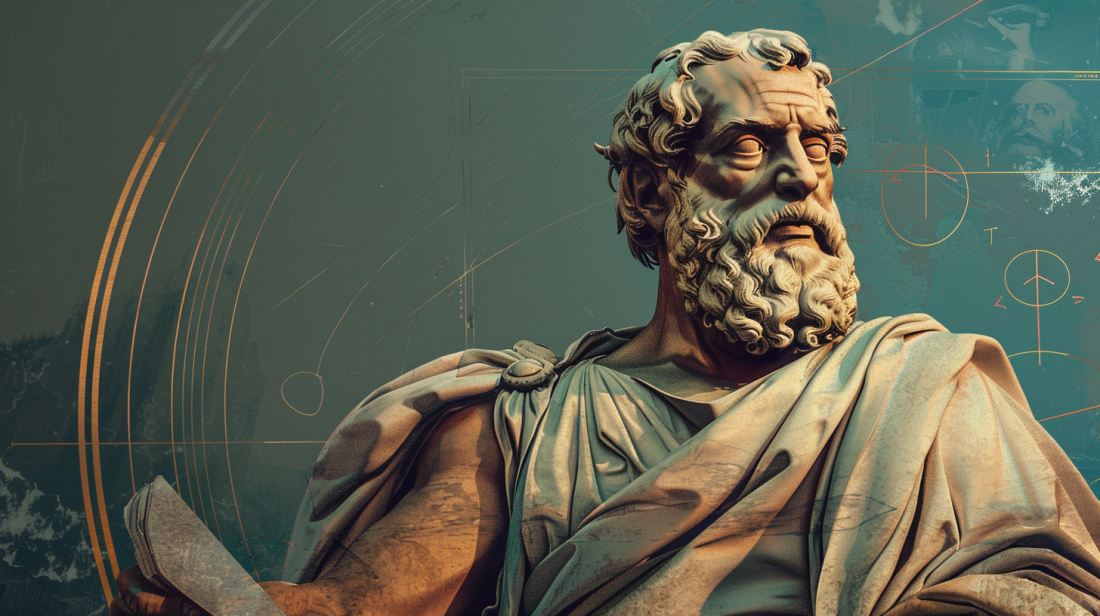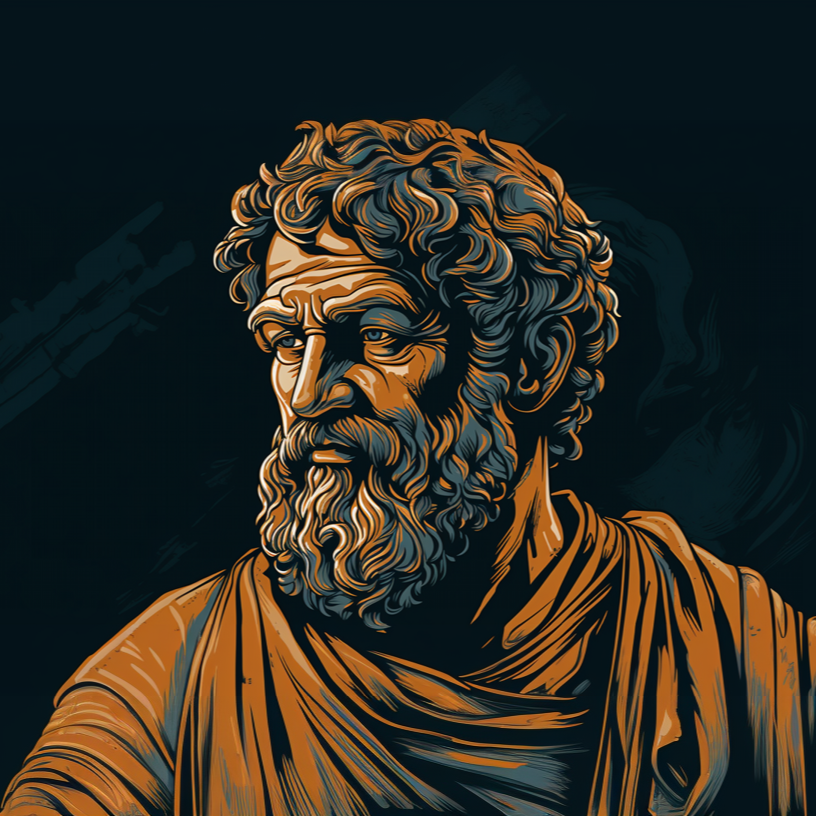Marcus Tullius Cicero, Roman politician, philosopher, humanist, champion of republicanism, was born in 106 BCE and died by assassination in 43 BCE. He became an influential senator and consul (chief executive), andis the most influential prose writer in the history of the Latin language. He was in many senses the first Roman philosopher, essentially inventing Latin philosophical vocabulary through his engagement with Greek philosophy. (Essence, quality, quantity, perception, probability, and humanity – to name a few – were Latin words coined by him!)
Cicero lived during the tumultuous end of the Roman Republic which saw protracted civil wars. Various strongmen generals vied for ultimate power in the Roman Republic in this period (c. 133 BCE – 44 BCE). Cicero faced a conspiratorial plot in his own consulship (63 BCE) from a disaffected politician, Catiline, and secured extrajudicial executions of Catiline and the other plotters, complicating his legacy as constitutional defender.
Cicero witnessed the rise of popular statesperson and general Julius Caesar, the first declared dictator perpetuo ‘dictator forever’ whose adopted son Octavian (later Caesar Augustus) eventually initiated the Roman imperial system under his sole authority after Julius Caesar’s assassination. Cicero vigorously resisted these authoritarian developments openly and in private letters, continuously advocating for the traditional Roman republican form of government in which power is shared between ‘the senate and the people of Rome’.
Cicero’s advocacy for a return to traditional republican government was among the most dynamic among any political leader at the end of the Roman Republic. His blistering speeches delivered against one of the strongmen of this era, Mark Antony, resulted in his murder and decapitation by sword-wielding assassins.
Cicero was highly educated. Living a few hundred years after Socrates, in his youth Cicero studied with leading Greek philosophers of his time in Athens. Cicero claimed his philosophical allegiance to the ‘New Academy’, a school of thinkers who claimed to be the rightful heirs to Plato’s teaching in his own Academy. These thinkers were skeptics about human beings’ ability to have certain knowledge about philosophical questions. However, Cicero was influenced by Academic skeptics who felt that even though we couldn’t secure certain knowledge owing to human propensity to errors in judgement, we could nevertheless achieve plausible/persuasive (probabilis) knowledge through study, experience, and philosophical reflection.
Cicero wrote voluminously. In addition to speeches, letters, poems, and rhetorical treatises, Cicero composed numerous philosophical works, many taking the form of dialogues similar to Plato’s. The De republica (lit. On the Republic) was Cicero’s best-known work in antiquity. It survived in its entirety until the 5th or 6th century CE but unfortunately comes to us today in a fragmented state. It was evidently composed as a sort of Roman version of Plato’s Politeia (translated Republic in English) and across six books it covered, according to Cicero, “the nature of the best state and the best citizen” (Cic. Ad.Q.fr. 3.5-6).
In this commentary, we will explore the first book of Cicero’s Republic, where Cicero crafted a philosophical dialogue that engages with the theory of the superiority of the ‘mixed constitution’ (perfected, Cicero’s main character thinks, in the Roman constitution) as a form of government. The dialogue takes place in 129 BCE among Romans Cicero himself looked up to. The main characters are Scipio Aemilianus Africanus (a famous Roman statesperson and general) and Gaius Laelius, his best friend and main philosophical interlocutor. The text we have can be found here.




 Book 1, 35-39
Book 1, 35-39







